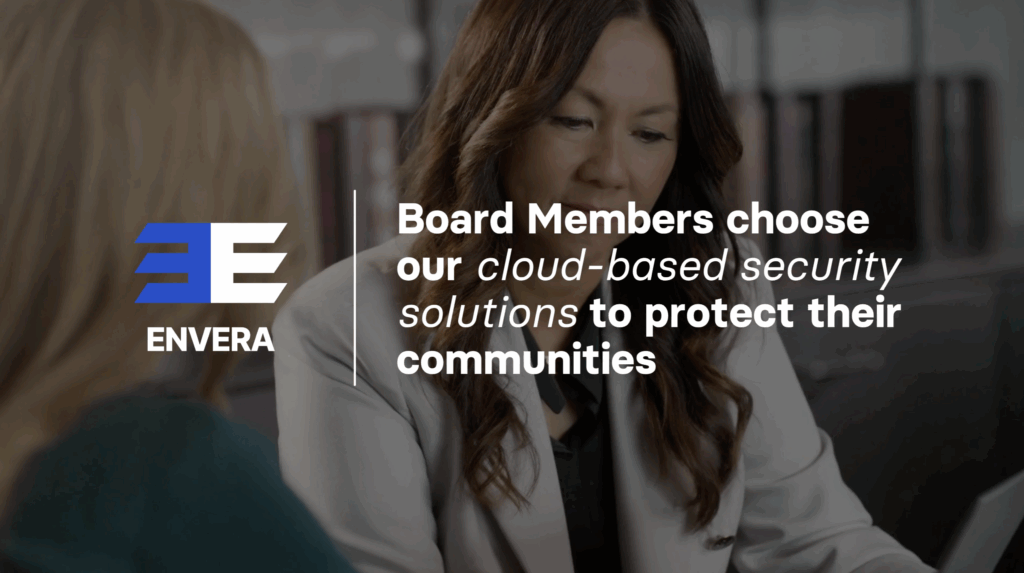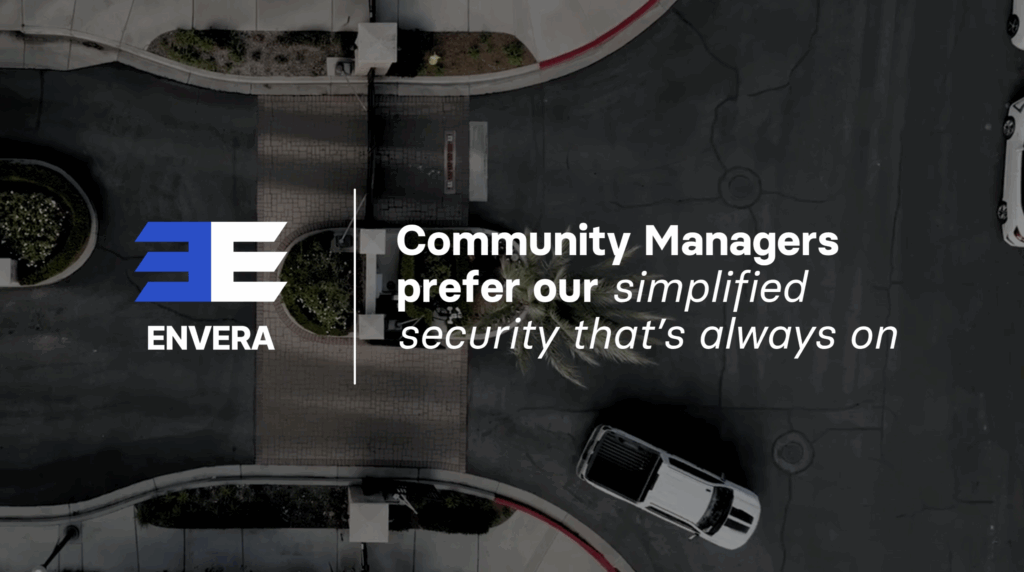When it comes to taking care of various needs throughout a community, property managers and board members rely on many vendors to ensure all areas are addressed.
From security to landscaping, budgets, and much, much more, there are an abundance of businesses that offer help. With so many options in each field, communities often have staggering amounts of information to sort through to determine which vendor(s) to choose. While it may come down to the bids and costs, there are also many ways to qualify businesses and narrow down the choices beforehand.

First, check the specialization of the company you are interested in. It may seem obvious at first, but many companies specialize in different services and/or markets that are not clearly stated. Where this becomes important for communities, is whether or not a company has a primary focus on assisting residential properties and associations or also services commercial properties. While it may not be the deciding factor, and many companies can work efficiently with both, some have a better understanding of the unique needs of communities after dedication and experience with that particular market.
Also, check with each business about third party vendors involved in their services. Often a big complaint from communities is the implicit use of other businesses to complete or service a project. Sometimes a company will need to use other vendors to install or implement products. However, if this is not clearly stated, communities are typically confused by the additional vendor, or worse, the additional vendor also adds unanticipated delays to the project. Other times, a separate vendor will be used to service the product when it no longer functions properly. Again, if this is not clearly established, communities are forced to find a supplementary vendor.
Communities should expect that third party vendors will sometimes need to be used for special projects or services, but it is crucial that the association ask first. Honest businesses will explain when and where third party vendors are needed and set the expectations for the project. It is important to note that there are many all-inclusive vendors that install, implement, service, and more for their products. This helps avoid, as much as possible, the complications that can come with using multiple parties.
In addition to asking about third party vendors used, communities should also ask each vendor for references. This goes beyond requesting pictures or examples of the services that the association is interested in from each business. Ask each vendor if there are communities nearby that have used or currently use the products. If so, property managers and board members may have the opportunity to see how a product is used in person.
Many more references can also be found online. Not just with Google and social media reviews, but also credible journals that speak with and to the vendors on a regular basis. Also, look for testimonials or case studies involving the service provider and their products or services. These often provide insight into the customers and partners that are associated with the business.
These methods for vetting vendors may require extra research from a community association, but the return can be well worth it when a qualified vendor is chosen. With a qualified service provider assisting or servicing a community, the association is left with few unanswered questions. When questions do come up, the association knows who to contact to have the questions addressed. Plus, spending the time vetting vendors beforehand with thorough analysis of each, will help a community avoid the many hassles that can come when an unqualified or unsuitable vendor is chosen.
You can read the complete issue and original article here: FLCAJ – April
You can also download the article here.






